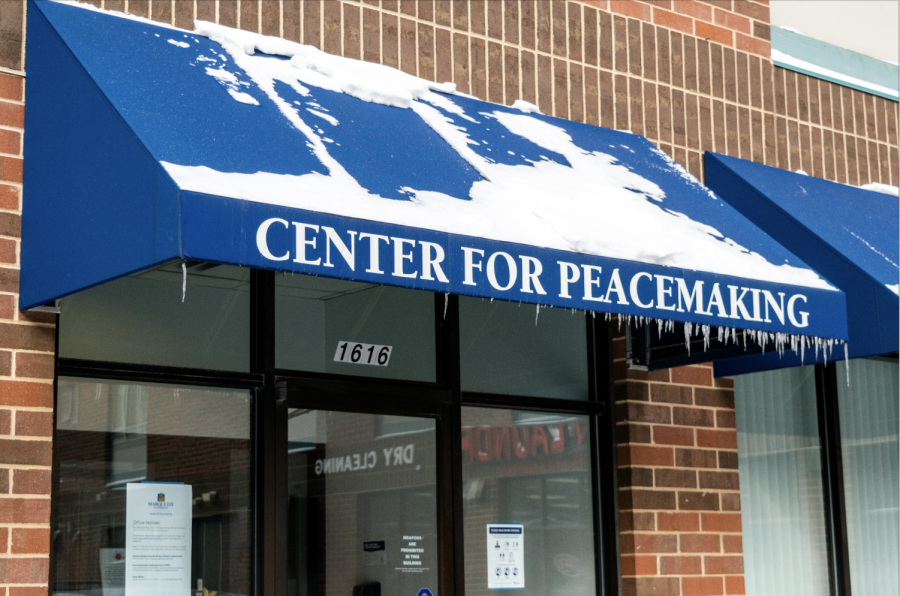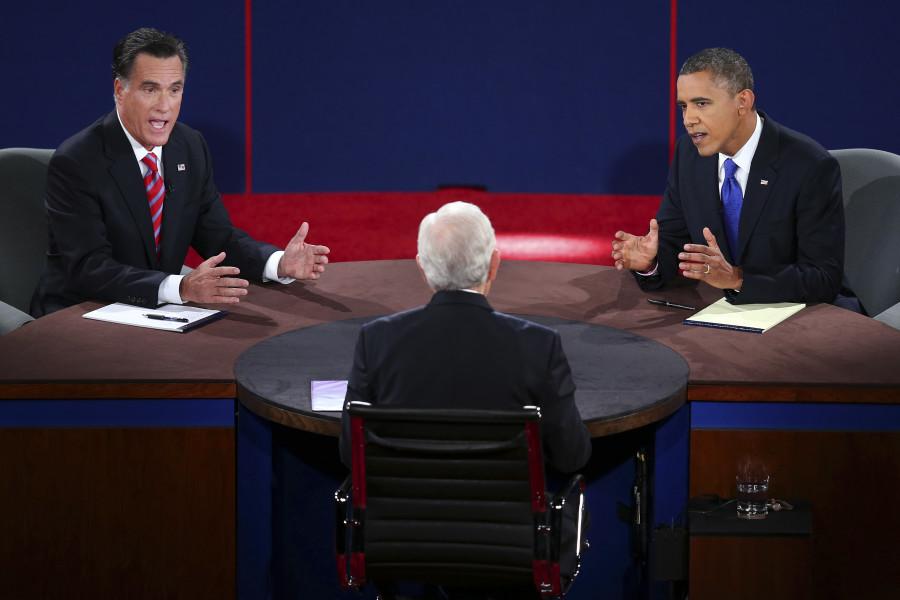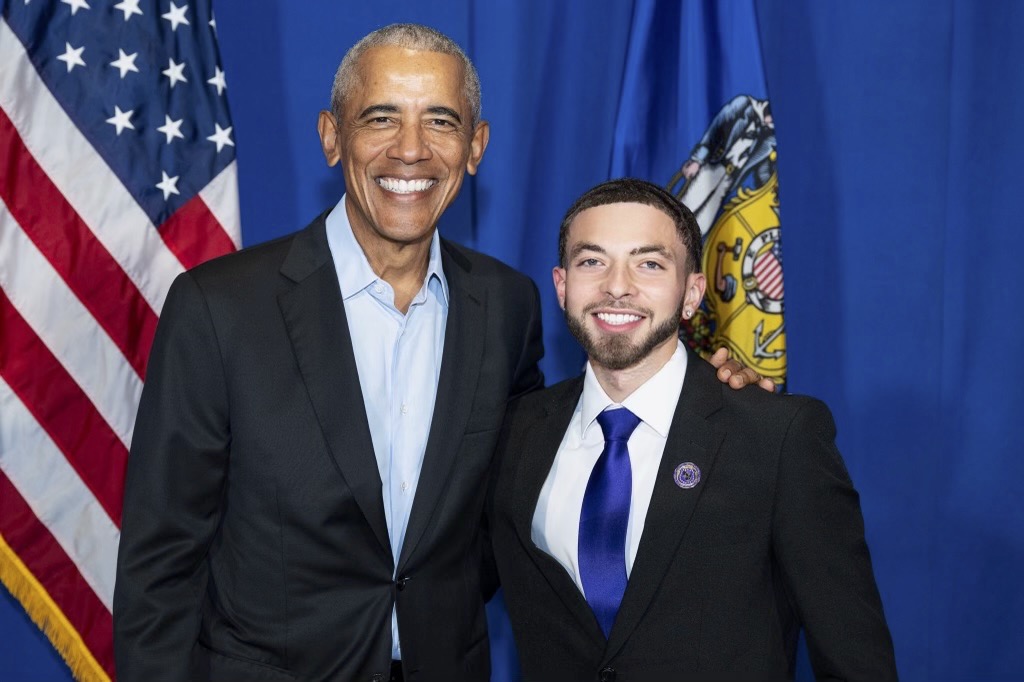
On the eve of President Barack Obama’s unveiling of the new war strategy in Afghanistan, Americans are sharply divided on the way forward.
So what should Obama say today as he speaks to the country? Not easy lullabies for sure. A constructive and comprehensive war policy must be born.
The situation in Afghanistan is a delicate and pressing one. Obama did realize the fragility of the issue; hence, his meticulous decision-making process. But does he understand the urgency of the moment? And even if he does, does he have the insight to navigate the tempestuous sea that is Afghanistan?
Three months ago, Gen. Stanley McChrystal released a 66-page report requesting more troops, and rightly so. In recent months we have seen the death toll of U.S. soldiers increase drastically and the boldness of Taliban attacks grow even bolder.
This shows that in spite of efforts by American and NATO forces, the Taliban offensive machinery is still intact.
More troops are needed to force the hands of the Taliban. The machinery of the Taliban cannot be totally annihilated because it’s more ideological than physical.
But with more soldiers, America could pummel the Taliban to the point where they come to the negotiating table.
The success of any policy employed to calm the waters of Afghanistan would take some element of faith and patience — just as much as reason.
In Afghanistan, America is losing what I call the battle of trust.
Afghanistan is a nation divided into little sub-sections where local warlords reign supreme. American soldiers are seen as foreign occupants, nothing more and sometimes less.
The distrust for America runs deep. Failed promises have not helped either. In Afghanistan, there is still a need for improvements in schools, roads, hospitals and electricity, to mention a few.
All Afghans see are lines of American tanks rolling through their villages, lots of empty smiles and talk, and rubble from the last drone attacks. These don’t translate to security or development for them.
In fact, they are often the right lure for new Taliban recruits.
However, given the economic crunch and limited resources, America must forget about gaining the trust of the Afghan people for now and focus on the meat of the issue.
Also, Obama must realize the Pakistan-India effect on the war in Afghanistan. As we have seen in recent times, the rivalry between Pakistan and India has played a large role in the war.
Pakistan sees a Taliban-controlled Afghanistan as a formidable tool in its arsenal and India sees Pakistan’s fraternization with terrorists as a threat. Remember last year’s Mumbai attacks? It was hatched in Pakistan and executed by Pakistanis.
I am sure the Indian prime minister would be more malleable after last week’s lavish state dinner. There is no such thing as a free dinner.
On the other hand, the policy must also have a constructive element to it.
Obviously, the situation in Afghanistan is murky and complicated.
I don’t claim to be the horse’s mouth.
In fact, no one can. Your political science professor, your favorite ROTC buddy, Bill O’Reilly, Keith Olbermann, Oprah Winfrey, Paris Hilton — none can claim to know the right remedy for Afghanistan.
No one can pinpoint the right strategy from the get-go.
The new policy should be just as much about strategy as it is about the number of troops.
Let’s be fair. The previous administration tried for close to a decade and failed. So Americans would have to be patient.
And if there are signs of failure or ineffectiveness in the future, they should seek persistence rather than crucify Obama.
Food For Thought: Where there is a will there is a way. The only variable element is time.








History Alum • Dec 1, 2009 at 11:49 am
Lots of good, well-balanced ideas in this article. However, as a student of military history and a 20-year vet of the military who was in Iraq, I find Obama’s 3 months of dithering on the issue to be an error. The military is a decisive organization that needs clear orders and the full support of its commander in chief to the mission. I sense that Obama is half-hearted on this issue and his choice, which I believe to be correct, is without conviction and that ultimately hurts the ablity of the military to perform its assigned mission. The enemies of the US and Afghani people know this too and will use it us. The various tribes will size up the US and the Taliban and pick the side that they think is more committed — few will think that President Obama is that committed. In Iraq, the US and President Bush were able to convince the various factions that there were more committed than the insurgents and they then sided with the US and provided invaluable information and assistance.